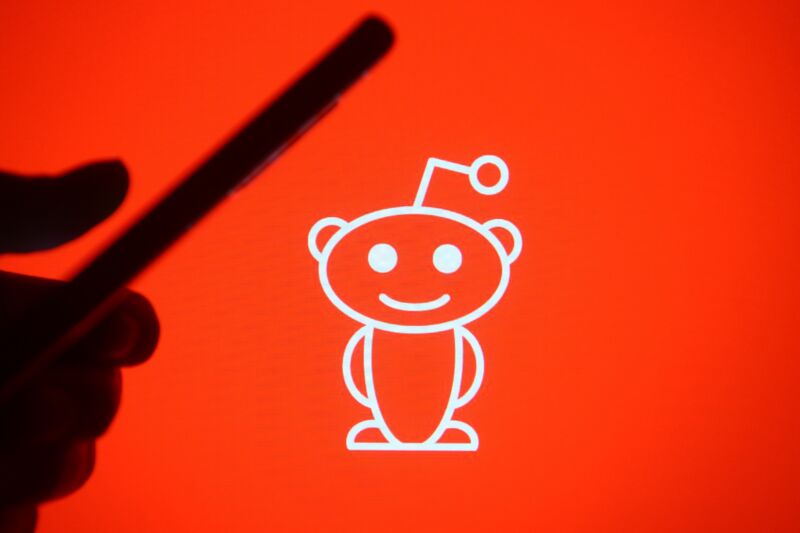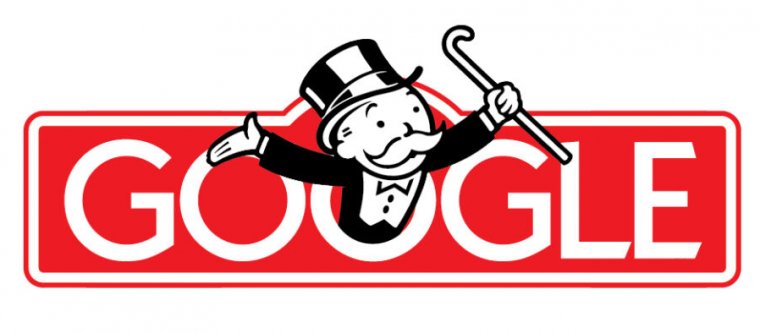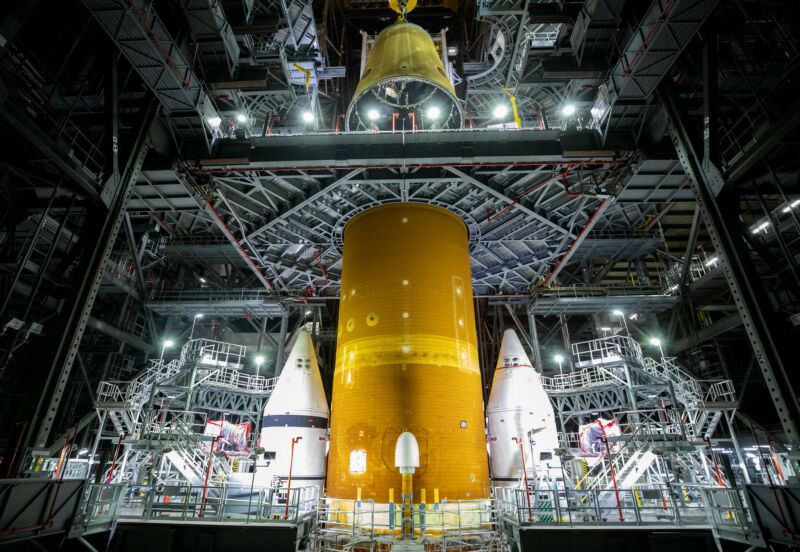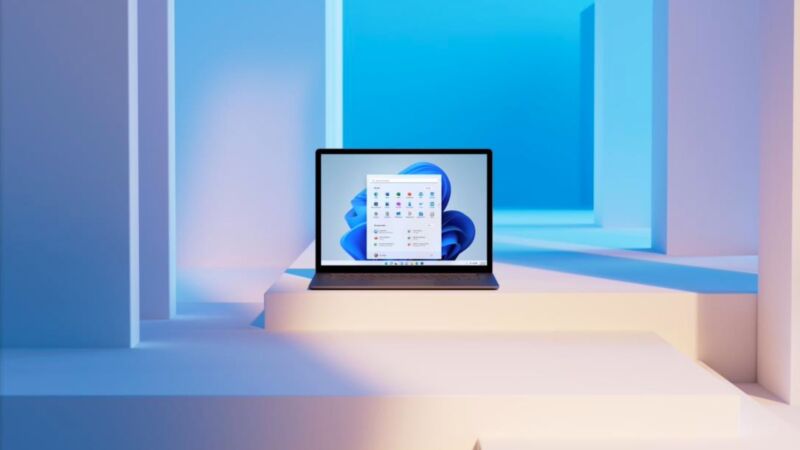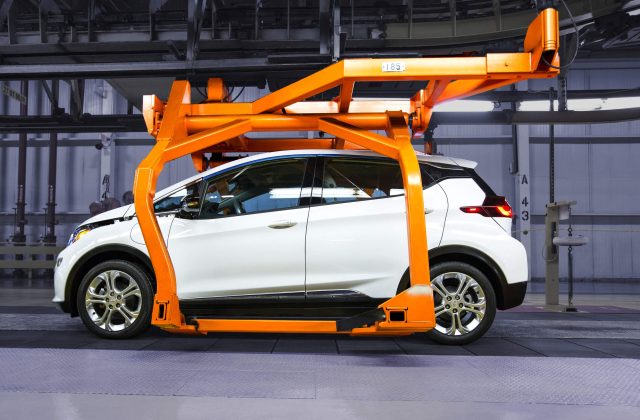
(credit: Jeffrey Sauger / Chevrolet)
General Motors has lost confidence in battery supplier LG Chem after defective cells from the company caused a string of fires and sparked a massive recall of Chevrolet Bolt electric vehicles and electric utility vehicles.
The automaker recalled more than 140,000 electric cars and crossovers—every single one that the company has made—when it discovered two simultaneously occurring defects in the LG-made batteries. GM suspects the defects are behind the 10 fires the company has identified so far.
LG Chem makes the battery packs for every Chevy Bolt, and while the problem was initially traced to one of LG's Korean plants, subsequent investigations revealed that other LG plants were pumping out bad cells, too.


